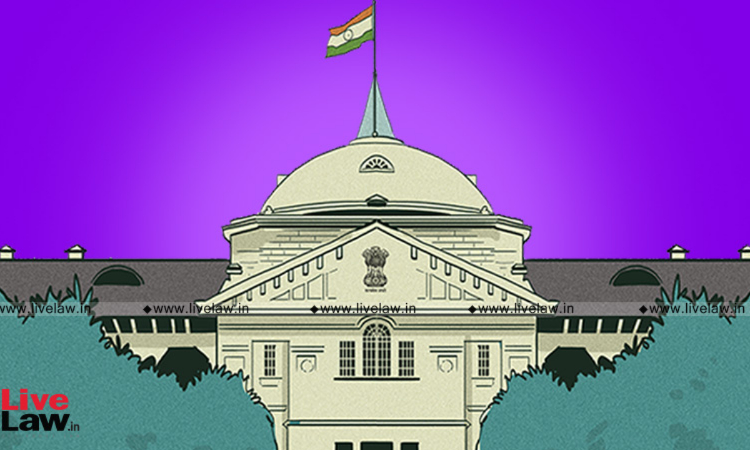Judicial Powers And Duties Of Permanent Judges And Additional Judges Are Same: Allahabad High Court
Upasna Agrawal
11 July 2023 1:30 PM IST

Next Story
11 July 2023 1:30 PM IST
The Allahabad High Court has held that in so far as judicial powers and duties are concerned, there is no distinction between the judges appointed under Article 217 and additional judges appointed under Article 224 of the Constitution of India. The Court noted that the only difference between the two is with respect to their tenure. “The Hon’ble Chief Justice is the master of the roster...
